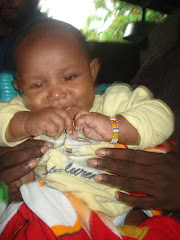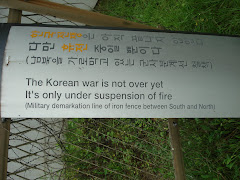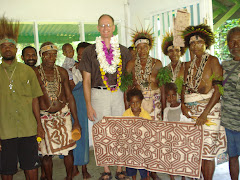
I flew back to USA Wednesday, after staying in a slightly creepy (cheap, alas) B & B in Rome. It's only attraction was that it was close to the Termini, and thus made it possible to catch my early flight.
Long Island is reveling in a beautiful spring. The trees are leafed out, the grounds are GREEN. I felt a deep sense of relaxation, a deeply felt "shift" in my body: home. Honoring this, I asked if my "home base" could be shifted back to Long Island, and Chapter granted this. Come the new year, I'll go get my stuff in Berkeley and schlepp it to Long Island.
Other big events at Chapter included some sad farewells to brothers who are leaving the community, welcoming others who are coming to test their vocation, another who transferred to SSF from another order. The most significant piece of legislation was the adoption of a system of finances which created a central provincial fund and linked the friaries together for mutual support. Apart business of Chapter, we were observing and celebrating the 90th anniversary of the founding of the Province of the Americas. We were started by Fr. Joseph in Merrill, Wisconsin. Consequently, we spent a lot of time dreaming big dreams for our future and committing ourselves to specific, measurable steps we will take before next year's chapter.
The best part of it all was being together.
 We laughed together, wept at each others painful stories, we joked around and I got teased unmercifully the way only your brothers can tease. It was really sweet.
We laughed together, wept at each others painful stories, we joked around and I got teased unmercifully the way only your brothers can tease. It was really sweet.Today I went and picked up my tickets for my next trip (Friday to UK).
I'm looking forward to that too.

In the pictures, from top: Brothers Ivanildo and Max, Clark and Leo, and Ambrose at our Memorial Day picnic at the end of Chapter.













